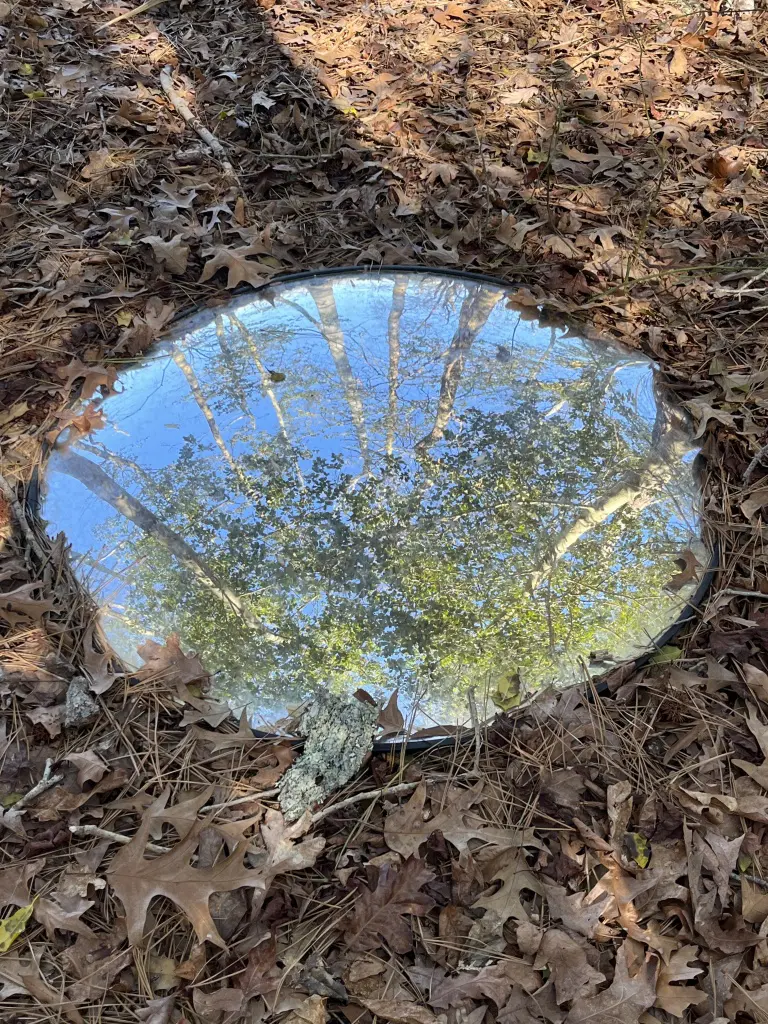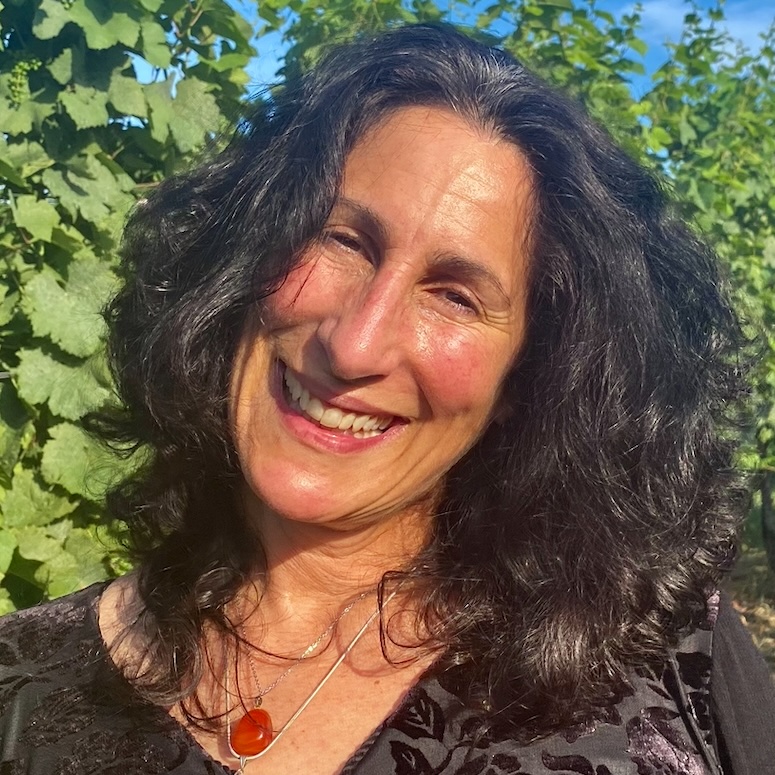Because You Need To Know

Consumer Notice has produced A Consumer’s Guide to Reducing Pollution, a comprehensive, yet easy-to-follow handbook for reducing consumer waste. According to Consumer Notice, We The People account for 60% of greenhouse gas emissions, an enormous and pretty frightening number, but one we can probably make a dent in if we all try a little bit harder to reduce our individual carbon footprints.
The car you drive, the household products you use, the amount of energy it takes to heat and cool your home, fertilizers, pesticides, herbicides, and all the other nasty chemicals that contribute to water pollution, the waste you create, including food waste, all create a problem for the planet that has only been on the rise since the beginning of the industrial revolution. Before that, we all lived in balance with the earth and the earth reciprocated by not sending us snowstorms in April, 100-year storm events every 5 or 10 years, and untenable living conditions in the hottest/wettest climates, something we are beginning to experience with regularity.
That is not to say that it’s all our fault. Who doesn’t want to own the newest and best appliance, automobile, iPhone, etc. We all do — at least that’s what advertisers tell us — but do we need to? My husband still uses a 50-year old John Deere tractor for grass cutting and snow plowing, a simple machine that he can fix himself. My neighbor’s $2,000 dryer broke after one year because the electronic components crapped out. The technician told him it wasn’t fixable. So is it better to have the newest model with bells and whistles that you don’t understand or an old reliable that you can work on yourself? Until you do the math on the waste stream of creation and the carbon footprint of usage for each of item, it’s hard to tell.
Yet as consumers, we should not bear the brunt of the work, but rather be equal partners with government and industry. I’ve been waiting for years for a marketable and widespread alternative to plastic, but unless someone in manufacturing makes one for us consumers to buy, we’re stuck with the fledgling alternatives that can never seem to get traction because no one is forcing corporations to take the highest road. We sure could use more environmentally correct options, but to do that, we need the government to regulate and industry to innovate by providing us with the best available environmental alternatives at all times, whether we are looking to replace big ticket items like automobiles or just trying to buy lunch. Rather than always pointing the consumer in the direction of the lowest hanging fruit — I’m looking at you, recycling — government and industry should be presenting us with the gold standard of what is environmentally achievable in the 21st century.
Take fossil fuels, so 20th century, yet we continue to rely upon them as if they are the Rosetta Stone of energy independence. If government did for nascent technologies such as wind, solar, and remediation of chemical waste in water like it does for the fossil fuel industry we could be out of the climate change conundrum and on to greener pastures, as they say. I mean, does Exxon really need another tax break when they’ve had one after another record-breaking profits in the billions in the years since Covid? Instead we have an Appointment in Samarra and no way to circumvent the climactic changes that are already barreling toward us. (If you haven’t read this classic by John O’Hara, it means a date with Death and it is a fantastic read.) Perhaps you don’t know this, but if we don’t start making some big changes pronto we are going to be facing a myriad of climate-related changes for which we have no template. Translation: things could get pretty dicey over the next couple hundred years — mass starvation, migration, floods, fires, tornadoes, hurricanes, you know, Armaggedon kind of stuff.
I urge you to take a few minutes to review Consumer Notice’s suggestions. Small changes can add up to big changes, meaning even small changes over time multiplied by 8 billion participants can and will have a drastic impact on the overall health of the planet.
Thanks for reading.
Pam Lazos – 4.9.24
Originally Published on https://greenlifebluewater.earth/feed/























